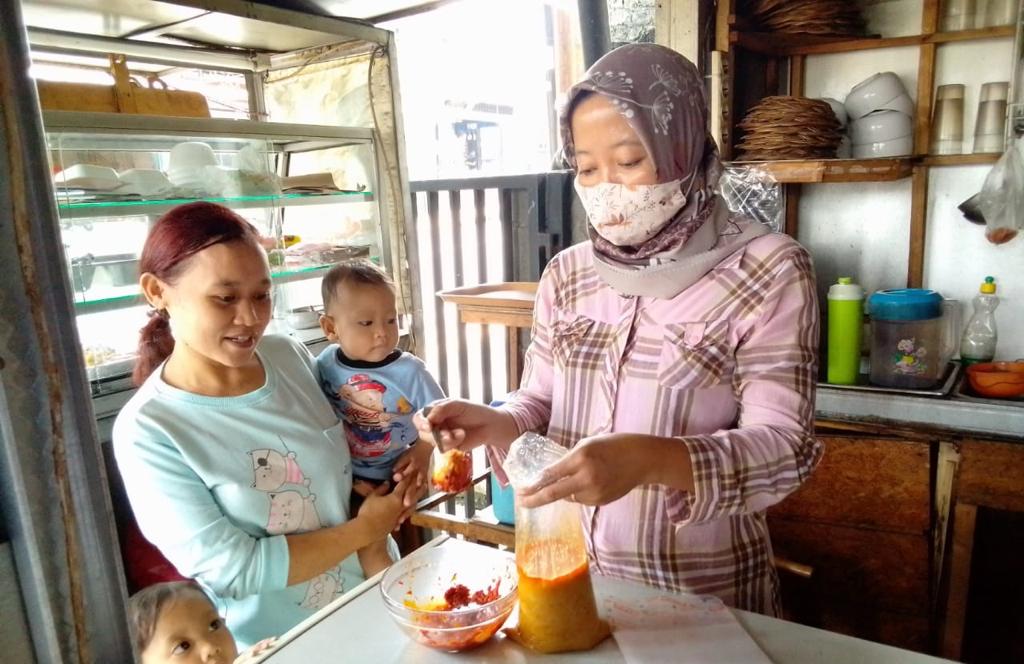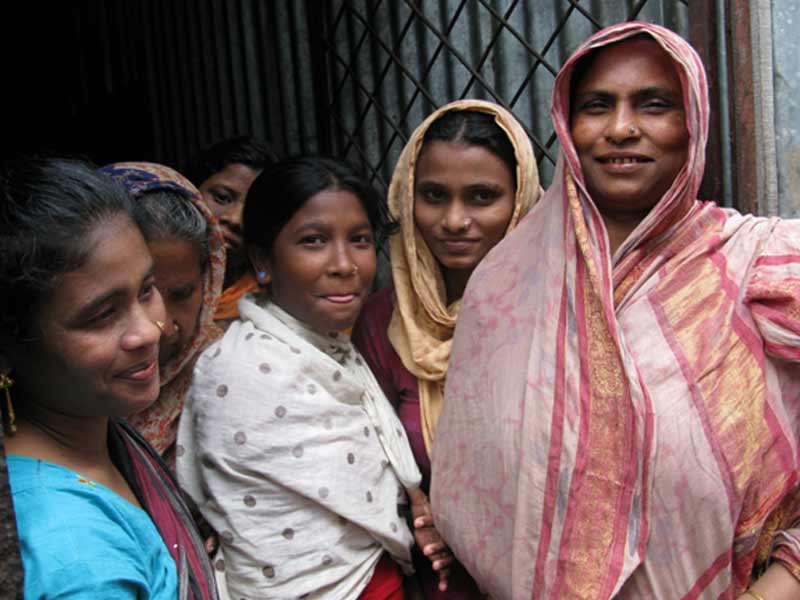
Why Food Systems Need Stakeholder Collaboration
Today’s food systems are facing massive challenges in delivering healthy diets, reducing hunger and addressing a rapid rise in obesity. Currently, one in nine people, (820-million worldwide) are hungry or undernourished, with that number growing exponentially.
Conventional governance has proved to be inadequate in responding to these dilemmas, suggesting a pressing need for new ways to better manage food systems and work more effectively across all sectors. Multi-stakeholder platforms (MSPs) are one such arrangement that could effectively facilitate food system governance.
Multi-stakeholder platforms are spaces where stakeholders build a shared vision to solve the overwhelming challenges facing our world’s food systems. They generally attempt to identify and achieve tangible goals, or address complex issues that affect the broader society and a diversity of actors within that society.
A shared intention is one crucial factor in how MSPs thrive. By uniting around a common goal and bringing together multiple actors (from different sectors and backgrounds), everyone involved works towards the same end-game and subsequently makes global food security a more realistic objective.
While traditional governments often lack urgency in this sector, MSPs are commonly much more driven by an underlying motive to form a platform. These factors include resource dependency (the need to bundle forces, capital, or knowledge); a need to respond to a major concern or crisis; as well as societal developments seeking change through involvement of different sectors.
MSPs are additionally effective mechanisms for improving policy coordination and coherence on food security across various groups of actors and sectors. One such prominent MSP, The Food and Nutrition Security Program for Bangladesh (FNSPB), has been quite vocal about the paramount importance of their partnership in strengthening coordination between government institutions in different sectors (agriculture, health, social services, emergency), with the private sector (civil society organizations, UN actors, funding partners; and research institutions).
Another benefit of MSP’s includes pooling resources to enable scaling up, reaching more people and increasing the impact of interventions. The Fabretto Foundation has praised the financial implication of the Inter-American Development Bank, while the private sector has made it possible to invest in youth people and smallholder farmers, giving them access to finance and training them in applying climate-smart agricultural practices.
MSPs have also benefitted from a broad range of perspectives (including the perspective of the food insecure and malnourished), leading to the definition and implementation of more realistic, achievable and better targeted action. The involvement of different actors in The Platform for African-European Partnership in Agricultural Research for Development – specifically researchers and non-researchers with different but complementary strengths, qualities and resources – also brought synergies and efficiency gains.
While MSPs hold much potential, the ability of existing MSPs to play a relevant role in food system governance arrangements depends on their functionality and their ability to effectively bring together actors for collaborative action.
MSPs can bring significant benefits to food security, by providing an effective coordination mechanism across groups of actors and sectors. It is now more critical than ever that our food systems see significant stakeholder collaboration.



